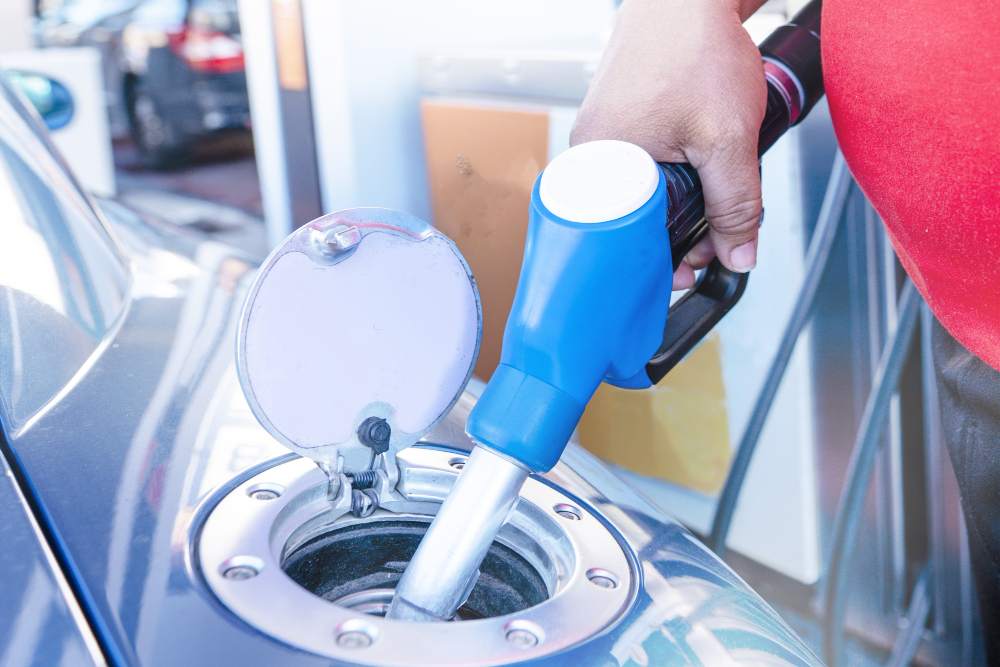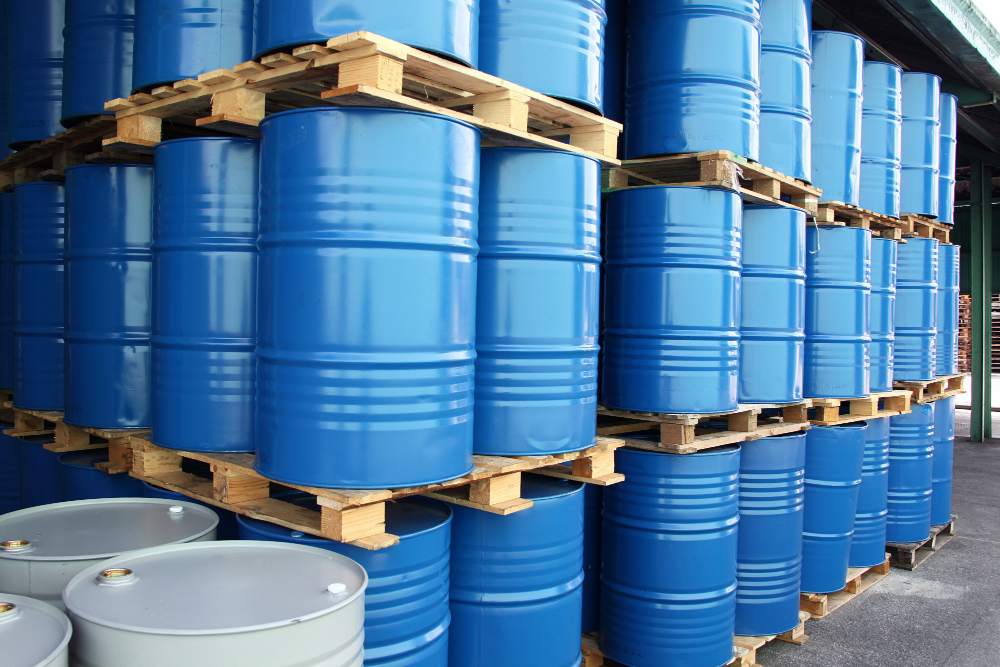What is AdBlue?
AdBlue, a high-purity urea and deionised water solution utilised in diesel vehicles’ exhaust systems to mitigate nitrous oxide emissions via Selective Catalytic Reduction (SCR) technology, comes with specific storage guidelines.
The process of SCR includes injecting the exact quantity of AdBlue into the exhaust system and making hazardous emissions neutral by a chemical reaction. AdBlue is non-toxic, transparent with a light sweet smell, and it feels gluey if you put it on hand, but it is easily washable.
How does AdBlue work?
AdBlue is important in the reduction of hazardous emissions through SCR. Diesel fuel and AdBlue are stored separately, a configuration known as after-treatment technology. The separate storage lets manufacturers enhance the engine’s power without mixing the two fluids.
In this process, AdBlue is sprayed onto the exhaust fumes after combustion. Within the SCR system, the aqueous urea decomposes into ammonia and CO2. This chemical reaction effectively breaks down harmful mono-nitrogen oxides in the exhaust gases. Consequently, what remains are nitrogen and water, both of which are safely expelled into the atmosphere via the exhaust system, contributing to reduced emissions.
Legal Requirements for AdBlue
Since October 2015, a legal mandate has been in place stipulating Diesel Exhaust Fluid (DEF) use in all contemporary diesel-powered vehicles equipped with Selective Catalytic Reduction (SCR) technology. This requirement extends to various vehicle categories of diesel vehicles, including heavy-duty vehicles weighing over 7.5 tonnes, such as industrial vehicles, trucks and buses.
AdBlue regulations also recommend using storage tanks designed using non-oxidising materials or materials with specific coatings. The coating must protect from direct sunlight and dust to prevent the solution from being contaminated.

How to Store AdBlue?
- It is best stored within a temperature range of 0 to 30oC and shielded from direct sunlight.
- Properly sealing AdBlue containers when not in use is essential.
- Be cautious, as AdBlue can freeze at temperatures as high as -11o C, so storage areas should not dip below this threshold. However, if it freezes, it can be reused when it melts and returns to its original state.
- Moreover, the storage area must be kept clean and dust-free to prevent contamination, especially when refilling vehicles with AdBlue.
- When purchasing AdBlue in sealed packs, following the storage instructions allows for storage of up to a year.
- However, if you need to store AdBlue for an extended period or under challenging conditions, it’s advisable to drain it or conduct a quality analysis to ensure it meets the required specifications.
Why is it Important to store AdBlue Securely?
The secure storage of AdBlue serves a dual purpose. Firstly, it safeguards your local environment from potential harm caused by AdBlue spillage, preventing leaks that could seep into the ground around your business.
Secondly, by maintaining the proper storage conditions, including the right temperature and protection from contamination, you ensure the purity of your AdBlue, thus preserving its high quality and optimal performance.
Is it hard to store AdBlue?
Storing AdBlue is generally straightforward as it falls under the category of non-hazardous substances, resulting in fewer regulations governing its storage. Nevertheless, there are specific storage conditions that petrol stations and other businesses should be mindful of. This is primarily because urea, a component of AdBlue, can potentially pollute groundwater. Therefore, adhering to proper storage procedures on-site is crucial to prevent spillages and leaks.
Is AdBlue Expensive?
AdBlue’s pricing typically commences at approximately £ 12 to £15 for 10 Liters as the current pricing. Certain car manufacturers recommend visiting dealers for refills, often at a reasonable fixed rate. Amazon stands out as a competitive choice, offering favourable prices and the added benefit of the next-day delivery.
(Note: Prices may vary according to different factors.)
Is AdBlue a Fuel Additive?
It is essential to simplify that AdBlue is not a fuel additive and is not mixed with diesel fuel. Instead, it is used post-combustion and introduced into the exhaust system. It does not come into contact with your diesel fuel at all. AdBlue is stored in a separate dedicated tank with a gauge and sensor system. It is combined with exhaust gasses before they are set free in the surroundings. The gauge and the sensor system will alert you when running low on AdBlue. It’s essential to note that your vehicle will not start if you run out of AdBlue.

Where to Buy AdBlue?
AdBlue is readily available through multiple sources for your convenience. You purchase at retail stations or from specialised resellers, particularly those serving large goods vehicles and providing spare parts. When you require larger quantities, AdBlue can be efficiently delivered directly to your depot or garage via road tanker for bulk storage or packed in drums.
The distribution of AdBlue is well-established in the UK and Ireland, with a wide-reaching network of dedicated distributors and resellers across the region. These professionals strongly focus on AdBlue and may also offer related products.
Contact 123 Oil for a reliable and high-quality supply of AdBlue!









